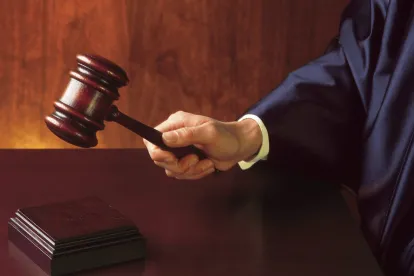On October 1, 2013, the United States Supreme Court agreed to review the “exceptional” case standard to determine whether prevailing parties can collect attorneys’ fees in patent cases. The Supreme Court will determine whether the Federal Circuit’s current standard is correct or whether it is “too rigid” and should be lowered.
A prevailing party can seek attorneys’ fees under 35 U.S.C. § 285, which states: “The Court in exceptional cases may award reasonable attorneys’ fees to the prevailing party.” In order to obtain attorneys’ fees, the prevailing party must prove by clear and convincing evidence that the case is “exceptional.” Courts will award fees to prevailing accused infringers only when necessary to prevent “a gross injustice” to the accused infringer. Absent misconduct in patent prosecution or litigation, the case is exceptional “only if both (1) the litigation is brought in subjective bad faith, and (2) the litigation is objectively baseless.” Brooks Furniture Mfg., Inc. v. Duetailier Int.l, Inc., 393 F.3d 1378, 1381 (Fed. Cir. 2005).
In the case before the Supreme Court, Octane Fitness, was sued by Icon Health and Fitness, Inc. for patent infringement. The District Court granted summary judgment of non-infringement in favor of Octane Fitness and the Federal Circuit affirmed. Both the District Court and the Federal Circuit rejected Octane’s assertion that Icon’s infringement allegations were baseless and, therefore, denied Octane’s request that the case was exceptional under section 285. The Federal Circuit also rejected Octane’s argument that the standard for proving exceptional case was “overly restrictive” and that it would not lower the standard to “objectively unreasonable.”
The United States Supreme Court granted Octane’s request for review, thus agreeing to review the standard under section 285. Notably, the Supreme Court will decide whether the “exceptional” case standard as applied in patent cases is too restrictive. Octane argued that Icon pursued its patent infringement claim in bad faith, but also wanted the Supreme Court to determine whether the Federal Circuit’s standard is simply too difficult to meet. Octane noted in its petition for review that only 1% of cases meet the current exceptional case standard, and that the Supreme Court should loosen the standard in order to deter the “assertion of spurious claims.”





 />i
/>i
